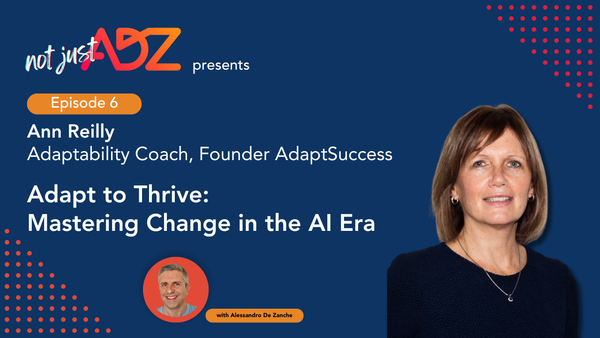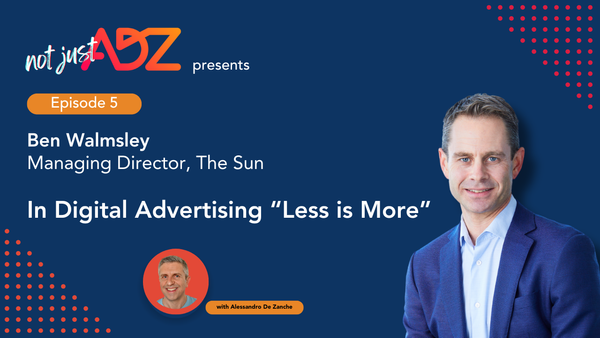As The Industry Reinvents Itself, Diverse Perspectives Have Never Been More Critical | AdExchanger
I have always considered a programmatic monoculture to be one of the biggest threats to digital advertising.

I have always considered a programmatic monoculture to be one of the biggest threats to digital advertising.
A lack of diversity in experience, backgrounds and perspectives has hindered healthy development and balance in the sector. Now, the debate that will shape the future without third-party cookies is expanding beyond the usual boundaries and focusing on wider web standards. It is vital that the right mix of voices and perspectives representing all the needs and challenges of the digital advertising sector get a seat at the negotiating table and avoid partisan lobbying and hidden-but-not-so-hidden agendas.
Media owners, consumer brands, agencies and ad tech companies all must understand that selfish, myopic and almost predatory approaches have been a boomerang that has come back to hit us and bring us into the current crisis. The status quo has caused user backlash, tight privacy regulations, tolerance for unsavory behavior and practices, bankruptcies, the funding of fake news, radical technology changes (see the fate of the third-party cookie) and a deep crisis among media owners, especially news, which is taking its toll on society and democracy.
Today, we must avoid repeating past mistakes and get it right, with the advancement and prosperity of the industry being our main goal. Individual companies will, by reflection, grow and thrive through the industry’s collective success.
In many US sports leagues, the order of selection for the current season’s drafts is determined by the reverse order of finish in the previous season. This is because the leagues, formed and owned by individual franchises, recognize the need for the weakest teams to become stronger, which in turn will create more engagement, excitement and suspense among fans and, ultimately, revenues. Imagine the boredom of the same team winning every year; by giving every team the potential to win on the field, the whole league succeeds outside of it.
The digital advertising industry, instead, has been selfishly living in separate bubbles for the last 10 years or so, only unified when self-celebrating the delusion of “infinite reach,” deterministic data “at scale” and the “highest quality” inventory coming from … millions of sites. That has almost killed real quality media — and media owners -along the way.
The limited approach that at some point turned the industry into a multisided tug of war must stop, and we can do so only by developing more inclusive and diverse structures. Job specs targeting “client side,” “sell side” or “agency experience” candidates are a classic example. I am still amused by the memory of a recruiter a few years ago who was perplexed because she couldn’t pigeonhole me: “What are you then?”
This narrow mindset has made the industry incapable of developing a common, harmonic strategy, and it fails to understand that overall success cannot be reached by draining each other’s resources for short-term gain.
The antidote to this is for each company in the industry, regardless of where it sits, to widen its own perspective and range of expertise. That means understanding the difficulties and challenges of the other areas, through the hiring of people who have lived them “from the other side,” or even outsiders with a fresh and external perspective, and turning the challenges into opportunities for growth.
As we consider how to remake digital advertising and web standards through IAB’s Project REARC, Google’s Chrome Privacy Sandbox and W3C groups, among other avenues, we should do so very carefully. We must avoid interpreting them only as a technical architecture debate and remain conscious of the challenges that we desperately need to solve: regaining the trust and attention of audiences, protecting advertisers’ budgets and supporting media owners in regaining control of their assets while remaining financially independent.
This cannot happen if we are not mixing expertise within individual companies and in the wider conversations taking place. Approaching them in separate blocks of interests will maintain imbalance and incomprehension while stunting development, which will negatively affect everyone, regardless of their position within the ecosystem.
Originally published at https://www.adexchanger.com on June 24, 2020.





